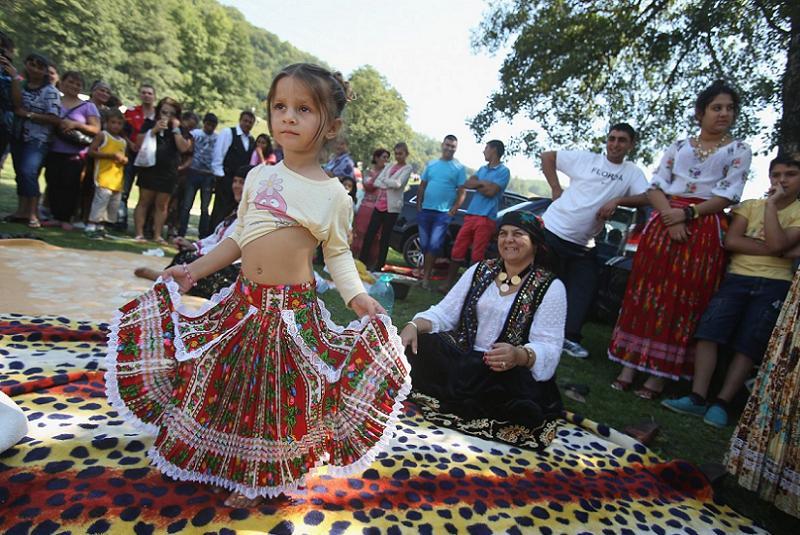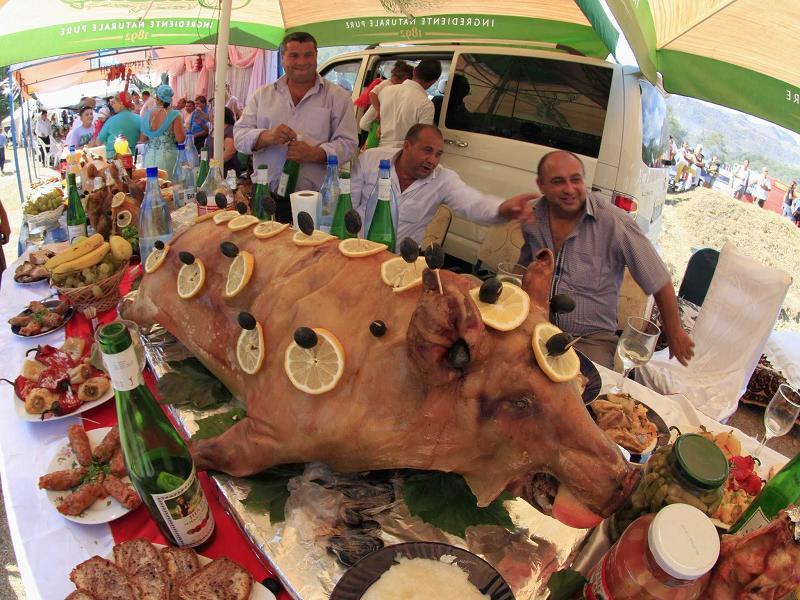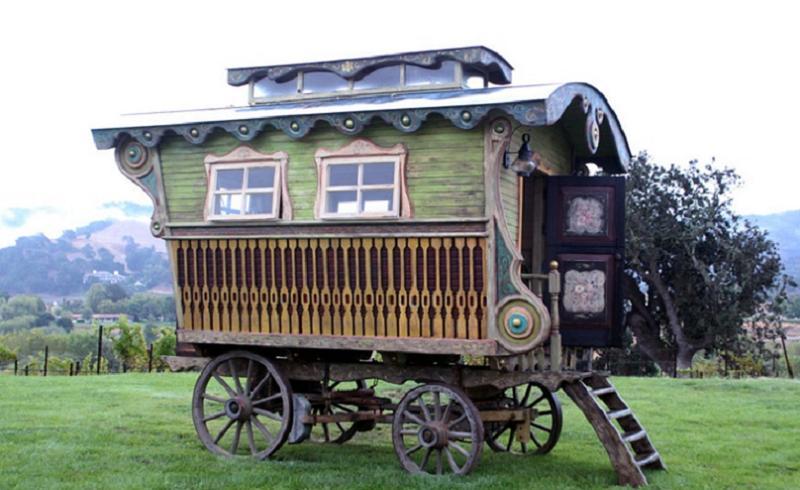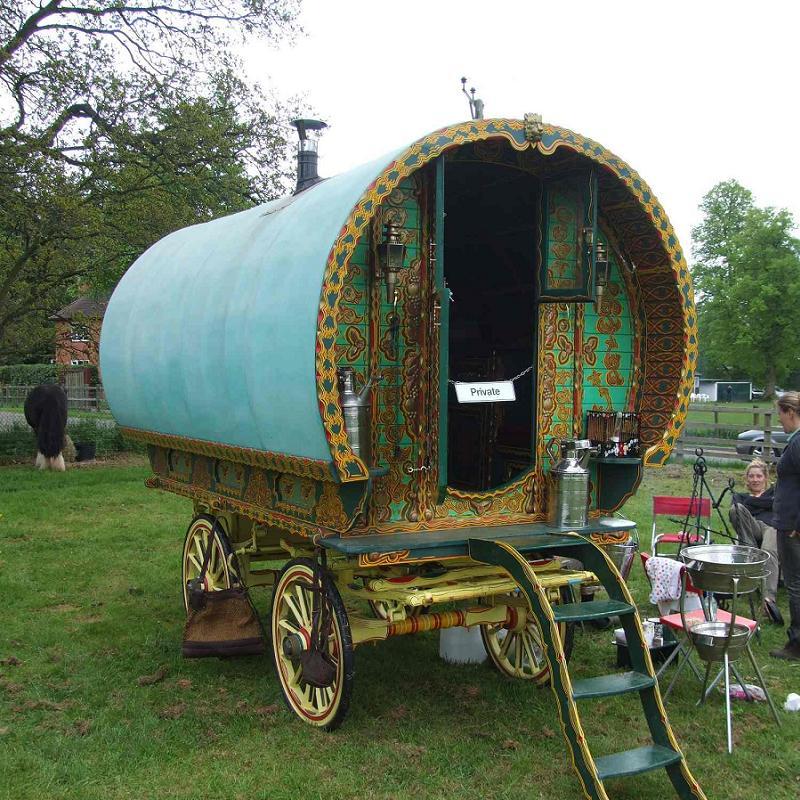Persecuted around the world and still subject to discrimination in modern day Europe, we look into the fascinating history of the Gypsy people.
Source : Education For Sustainability
In 1332 , a Franciscan monk from Ireland visited the island of Crete . While there , he wrote this description of what he called “ the descendant of Cain , ” whom he met outside the town of Heraklion :
“ They seldom , or ever remain in one place more than thirty days ; but ever , as though bearing God ’s curse with them , after the thirtieth day , go like vagabonds and fugitives from one locality to another , in the manner of the Arabs , with small-scale , oblong , sinister , low tents , and run from cavern to cavern , because the place where they institute themselves becomes in that blank space of clip so full of vermin and filth that it is no longer habitable . ”

Source:Education For Sustainability
This was the first write account in Western Europe of the multitude who would come to be known as Gypsies , or Romani . Over the next four C , these people , who began their journey in northern India a thousand year prior , would hybridise every kingdom and principality in Europe . By the 18th C , they had journey to America , and today they live all over the world .
Some Romani still live in the traditional manner – migrating from place to place , always persist out of doors of metropolis – while others have joined the larger society around them . In every place they ’ve ever lived , the Romani have take up local linguistic communication and faith , wed into the local universe , and somehow keep on their clear-cut personal identity .
This has been both a grace and a curse , as the Gypsies ’ position in society has oscillated from “ tolerated ” to “ actively persecuted . ” Nevertheless , it seems 16 centuries of account of the Gypsy people are unmanageable to altogether erase , and the ancient life-style last to this day :

Four young Gypsy women. Source:Flickr
Like this gallery?Share it :
relish this looking at at the fascinating story of the Romani ? For more of the " multitude without a Country " series , moderate out our stories on theSawhrawi hoi polloi .

















